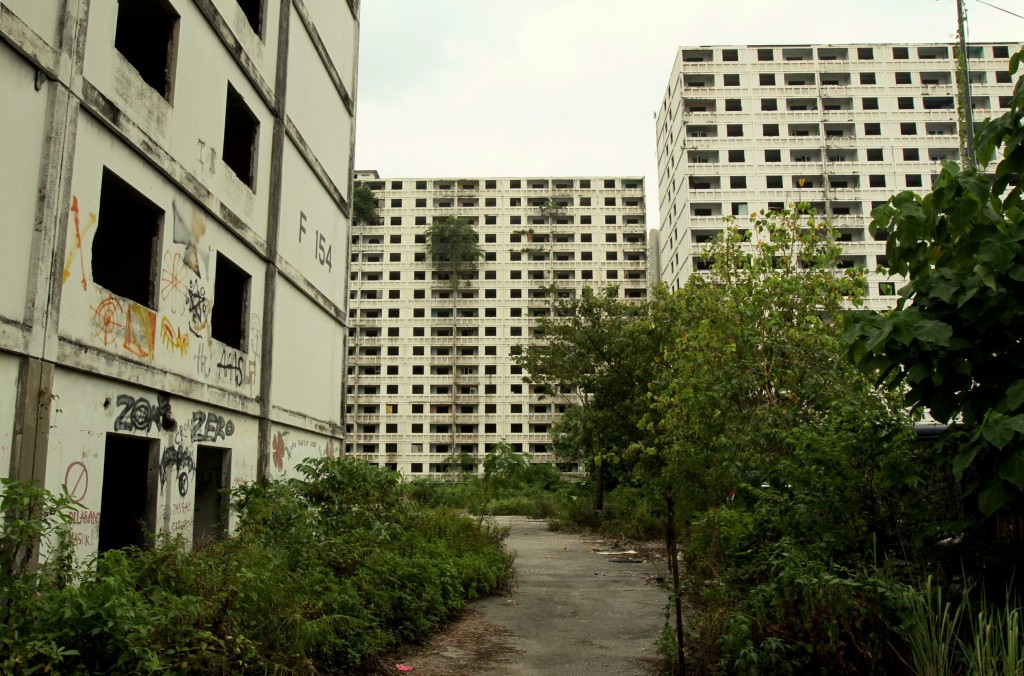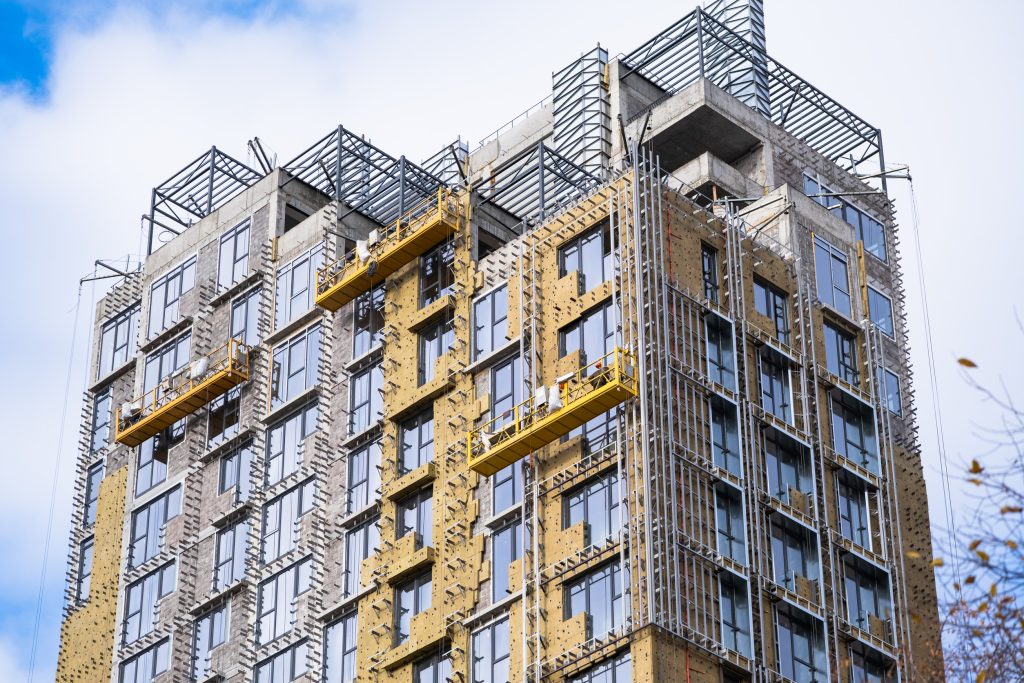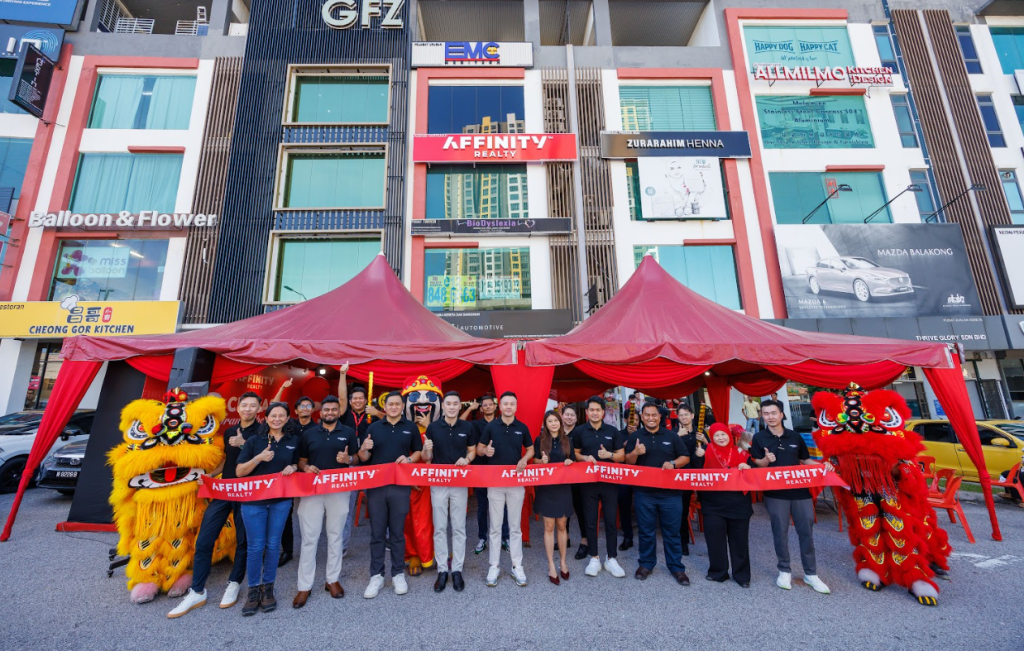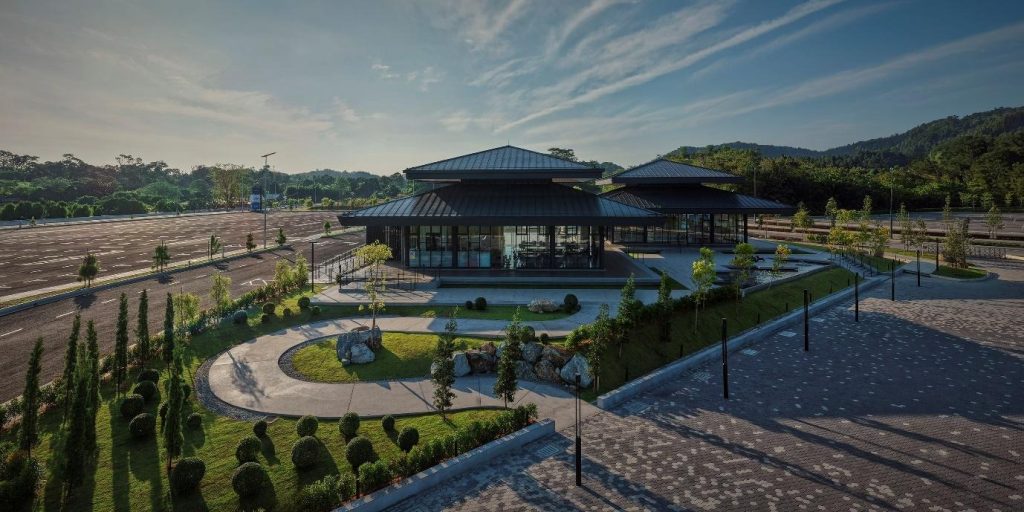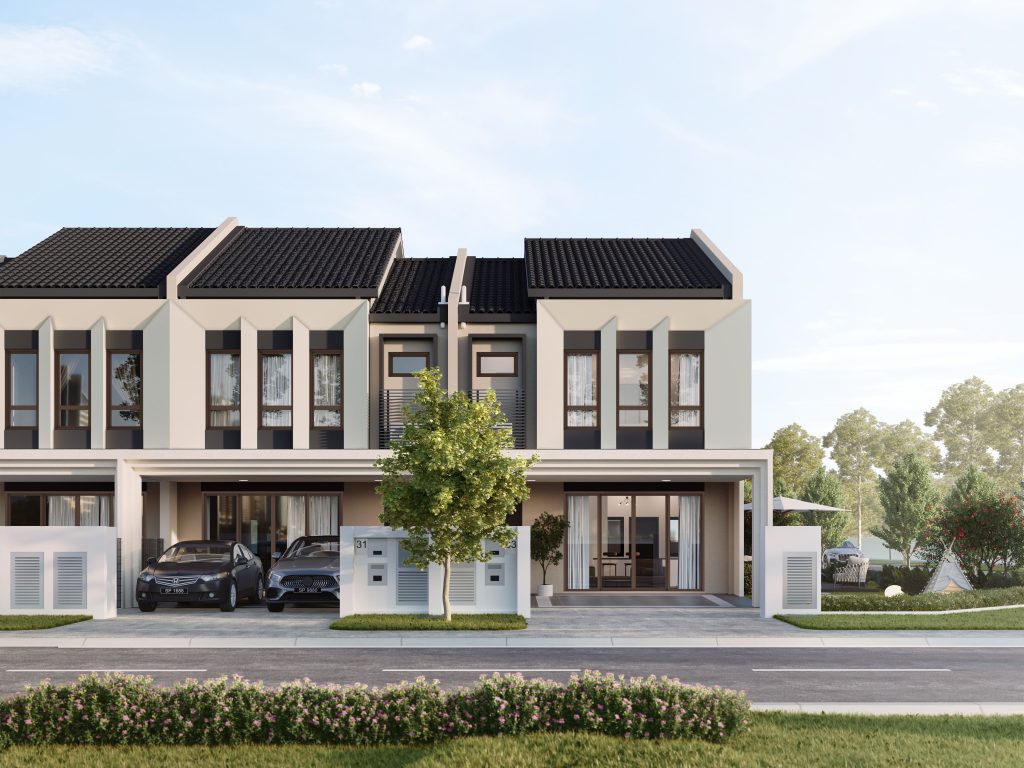Contributed by Datuk Chang Kim Loong
With reference to StarMetro’s report titled High-rise Living That Comes with Towering Costs, published on Monday, Dec 2, 2024, the article underscores a critical warning for future redevelopment projects under the proposed Urban Redevelopment Act (URA).
While the government’s intent to revitalise ageing urban areas is commendable, the case of 1Razak Mansion vividly illustrates the often devastating consequences of poor planning, inadequate financial safeguards and the neglect of residents' long-term welfare. Without stringent measures and well-thought-out provisions, the URA risks turning noble redevelopment initiatives into sources of social and financial distress, exacerbating inequality rather than addressing it.
Unrealistic consent thresholds
The proposed consent thresholds of 80% for buildings under 30 years and 75% for those over 30 years might seem pragmatic at first glance. However, such thresholds can place undue pressure on communities to consent to redevelopment without fully understanding its long-term implications. The allure of modern amenities, sleek designs, and improved facilities often masks the financial burdens that inevitably follow these projects.
Genuine consent requires more than just a majority vote—it demands that residents fully grasp the financial obligations tied to redevelopment. Current proposals fail to provide clear mechanisms for educating residents about potential costs, including maintenance fees, sinking funds, and future repair expenses. Without such disclosures, the decision-making process is skewed and residents may unknowingly agree to commitments they cannot afford.
A poor fit for vulnerable groups
High-rise living, with its inherent costs, is not suitable for everyone. Retirees on fixed incomes and low-income households are especially vulnerable. Transitioning from low-cost housing to high-maintenance condominiums can destabilize their financial stability, pushing them into unsustainable living conditions. The URA must recognise this disparity and implement measures to protect these groups.
The financial challenges faced by 1Razak Mansion residents, including RM1.4mil in unpaid electricity bills and escalating maintenance costs, should serve as a cautionary tale. These issues are not isolated incidents; they are symptomatic of a broader failure to address the financial realities of high-rise living.
Mandatory financial safeguards essential
Developers must be required to establish robust financial safeguards. This includes setting up contingency funds to cover unforeseen expenses and providing financial support for at least the first decade post-redevelopment. Such measures would cushion residents against sudden financial shocks and ensure smoother transitions.
Redevelopment projects must include detailed financial projections that extend at least 15 years into the future. These projections should be reviewed and validated by independent bodies to ensure affordability for all income levels. Transparency in this regard is non-negotiable if redevelopment is to gain the trust of residents and avoid replicating past failures.
Governance failures and handover delays
The case of 1Razak Mansion highlights significant governance failures, particularly the two-year delay in transferring the property to its Management Corporation (MC). This delay was more than an administrative hiccup; it left residents without the necessary tools to address operational challenges, including maintenance and repairs, during the critical Defect Liability Period.
The URA must impose strict statutory timelines for developers to transfer management responsibilities to Joint Management Bodies (JMBs) or MCs. Penalties for non-compliance should be significant enough to deter delays. Residents should not bear the brunt of developer inefficiencies, which often result in prolonged periods of financial and operational instability.
Residents must be adequately prepared to manage high-rise developments. This includes training programs and oversight mechanisms to ensure JMBs and MCs are equipped to handle their responsibilities. Without this, management failures are inevitable, leading to a cycle of disrepair, financial mismanagement, and resident dissatisfaction.
Socioeconomic disparities and potential displacement
One of the most concerning aspects of the URA is its potential to deepen socioeconomic divides. Redevelopment, while offering modern living conditions, often comes at the cost of displacing low-income residents. The transformation of affordable housing into high-end developments can render original residents unable to afford their own homes.
The URA must mandate targeted subsidies or tiered maintenance fees for retirees and low-income households. These groups cannot be expected to shoulder the financial burden of redevelopment, particularly when their incomes remain stagnant.
Redevelopment must ensure that a portion of units remains genuinely affordable. This includes implementing safeguards against speculative pricing and gentrification, which can erode the affordability of the area over time. The government must prioritize inclusivity to ensure that redevelopment benefits all segments of society.
A more holistic approach needed
Redevelopment is not merely about erecting modern structures; it must encompass a broader vision of sustainability, accessibility, and community well-being. The URA must commit to:
Sustainable designs: New developments should prioritize energy efficiency, durable infrastructure, and cost-effective maintenance systems. Superficial upgrades and greenwashed features that fail to address long-term sustainability are counterproductive and irresponsible.
Integrated urban planning: Redevelopment must include provisions for green spaces, efficient public transit systems, and amenities tailored to the needs of an ageing population. These elements are essential to creating vibrant, livable communities rather than soulless urban landscapes.
Continuous monitoring and accountability: The success of redevelopment efforts hinges on continuous oversight. Developers must be held accountable for the long-term viability of their projects, with mechanisms in place to address any shortcomings. This includes ongoing audits, resident feedback systems, and penalties for non-compliance.
Redevelopment without responsibility is reckless
The case of 1Razak Mansion serves as a grim reminder of what can go wrong when redevelopment is pursued without adequate planning, safeguards, and accountability. The proposed Urban Redevelopment Act must learn from these mistakes and prioritize the long-term welfare of residents over short-term gains.
Without stronger protections, comprehensive financial planning, and inclusive policies, the URA risks becoming a tool for perpetuating inequality and hardship. Redevelopment should be a symbol of progress—a means of uplifting communities and enhancing quality of life. The government must act decisively to ensure that this vision is realized, delivering meaningful change rather than empty promises.
Stay ahead of the crowd and enjoy fresh insights on real estate, property development and lifestyle trends when you subscribe to our newsletter and follow us on social media.

